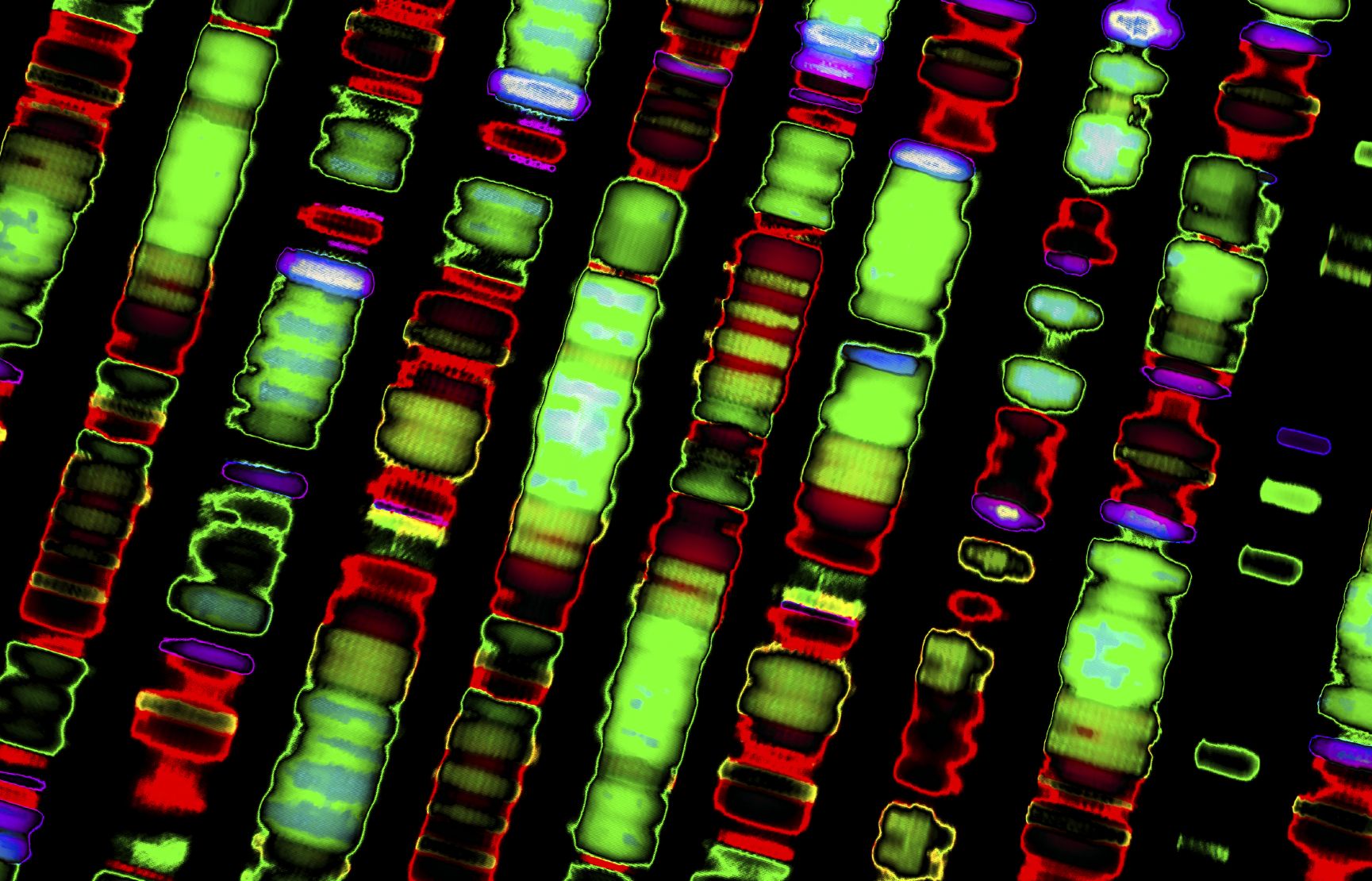US regulator grants $23 million to rare disease R&D

The Food and Drug Administration has awarded 21 new clinical trial research grants, worth more than $23 million over the next four years, to boost development of treatments for rare diseases.
The grants were awarded to principal investigators from academia and industry with research spanning domestic and international clinical sites.
The FDA awarded the grants through the Orphan Products Clinical Trials Grants Program to encourage clinical development of drugs, biologics, medical devices, or medical foods for use in rare diseases.
They are intended for clinical studies evaluating the safety and effectiveness of products that could either result in, or substantially contribute to, the FDA approval of products.
Since its creation in 1983, the initiative has provided more than $370 million to fund more than 590 new clinical studies and supported the marketing approval of more than 55 products.
Five of the studies funded by this grants program supported product approvals in 2015 alone, including treatments for neuroblastoma, lymphangioleiomyomatosis, hypoparathyroidism, and hypophosphatasia.
Following vice president Joe Biden’s National Cancer Moonshot Initiative to accelerate cancer research, 24% of the new grant awards fund studies enrolling patients with cancer.
Of these, 40% target devastating forms of brain cancer, one of which recruits children with recurrent or progressive malignant brain tumours.
Of this year's awards, 43% enrol paediatric patients as young as newborns. Of these, two focus on research in transplantation and related issues.
One funded project is a medical device trial to develop a fully implantable neuroprosthesis for grasp, reach, and trunk function in individuals with spinal cord injury with the potential to enable these patients to use their hand, arm, and trunk more independently.
A total of 68 grant applications were received for this fiscal year, and 21 were approved.
Projects include:
- Chemigen, LLC (Zionsville, Indiana), Yansheng Du, phase 1 Study of CC100 for the treatment of Amyotrophic Lateral Sclerosis — about $243,000 for one year;
- Chemocentryx, Inc. (Mountain View, California), Petrus Bekker, phase 2 Study of CCX168 for the treatment of Anti-Neutrophil Cytoplasmic Auto-Antibodies Associated Vasculitis — $500,000 for one year;
- University of Florida (Gainesville, Florida), Peter Stacpoole, phase 3 Study of Dichloroacetate for the Treatment of Pyruvate Dehyrugenase Complex Deficiency — about $2 million over four years;
- University of Michigan (Ann Arbor, Michigan), Kathleen Stringer, phase 2 Study of Inhaled Activase for the Treatment of Acute Plastic Bronchitis — $2 million over four years.












